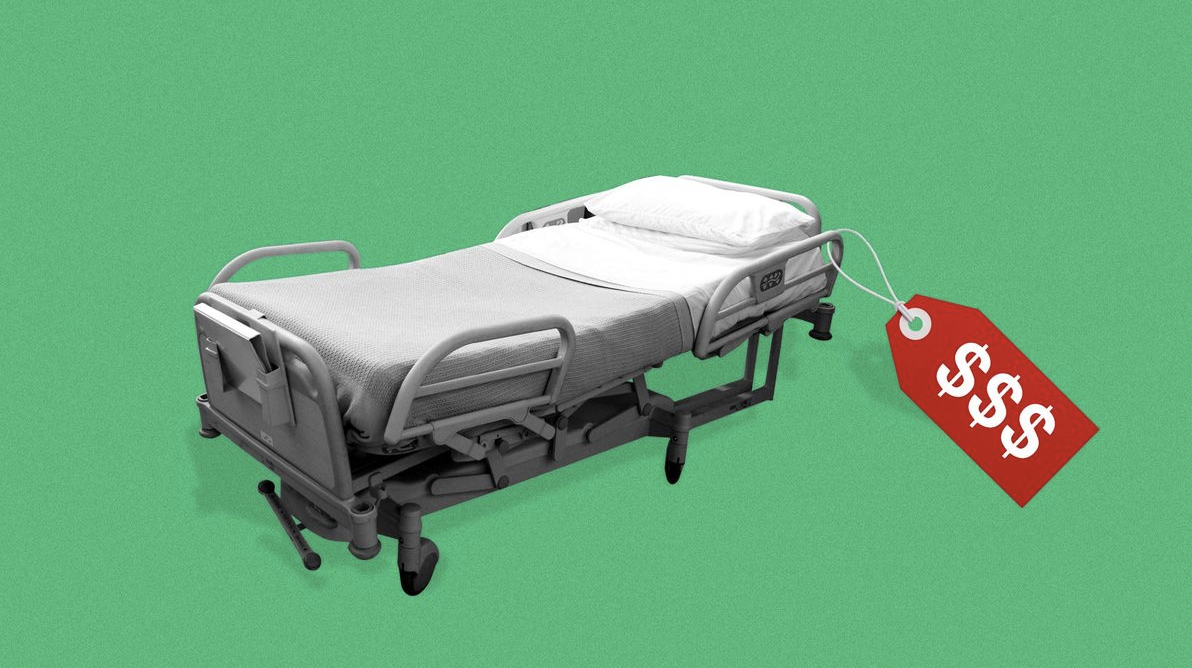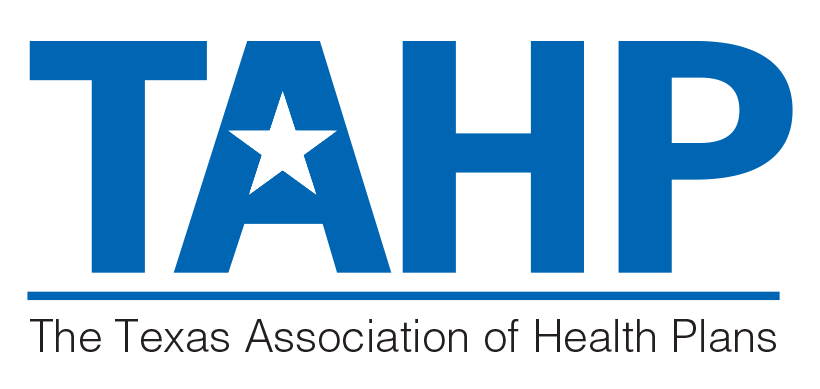
Hospitals are Billing Employers 3x More than Medicare
Complete Coverage

By: TAHP | Thursday, May 23, 2024
The Big Picture: Hospitals are charging families and businesses with private insurance up to 254% of what Medicare pays for the same services—a sharp 30% increase since 2020. A new RAND study uncovers increasingly excessive prices, revealing that consolidation exacerbates this problem.
Price Disparities from the RAND Study:
- Hospital Price Markups: Hospitals are billing employers three times more than Medicare for the same services.
- Impact of Consolidation: Hospitals in areas with less competition see the highest price hikes.
- Drugs Cost Double: Drugs administered in hospitals cost almost twice as much as those given in physician offices, with hospitals marking up prices by 278%.
Why It Matters: Facing these rising prices, employers are getting tough on health care provider costs. New transparency tools and growing frustration with health care prices are empowering them to demand better deals:
- The RAND study highlights excessive hospital prices for employers, while the new Sage 2.0 tool allows employers to analyze hospital prices versus costs and negotiate better rates.
Yes, but Texas has not fully funded transparency:
While tools like RAND and Sage 2.0 offer valuable insights, their impact in Texas is limited. Texas hasn’t funded its All-Payer Claims Database (APCD)—database of all health care prices—for the past two legislative sessions. This lack of funding hampers transparency for Texas employers and limits researchers from analyzing hospital price trends in Texas.
Situational awareness: Health care price inflation is the number one driver of insurance premiums, accounting for more than 77% of premium increases. And this problem is only getting worse, with hospital prices surging by 7.7% compared to the previous year—the highest monthly increase since October 2010.
Hospital consolidation is a leading factor:
- Hospitals without competition within a 15-mile radius have 12% higher prices than hospitals in markets with four or more competitors.
- Between 2002 and 2020, 20% of hospital mergers lessened competition significantly, leading to price increases.
Addressing High Prices: Here are five ways TAHP recommends that Texans address affordability.
- Expand price transparency: Consumers still lack a complete picture to window-shop for most health services. Expand efforts from recent sessions to include all provider types, all shoppable services, and an upfront good faith estimate.
- Expand itemized billing protections prior to medical debt collection, to ensure patients get a chance to review a detailed bill before any provider potentially falsely puts a patient’s creditworthiness at risk.
- Eliminate all anti-competitive contracting: When health systems take over health care markets, they can demand all-or-nothing contract terms that inflate prices and choke out competition.
- Establish facility fee billing transparency to ensure medical bills match the true location of health care services and protect patients from dishonest billing.
- Protect patients from inappropriate & excessive surprise facility fees such as for telehealth & preventive care.
The Bottom Line: Employers are the backbone of U.S. health insurance, delivering important coverage but facing significant cost pressures. The future of affordable coverage hinges on giving employers the tools and flexibility they need to control health care costs for Texans.
Stay updated on the latest TAHP news

Articles written by TAHP’s team of policy experts that examine the research, trends, and impact of the most important health care policy issues facing Texas and the country today.

Weekly news clips assembled by the TAHP team that highlight the top headlines from the health insurance and health care worlds, as well as important political updates.
